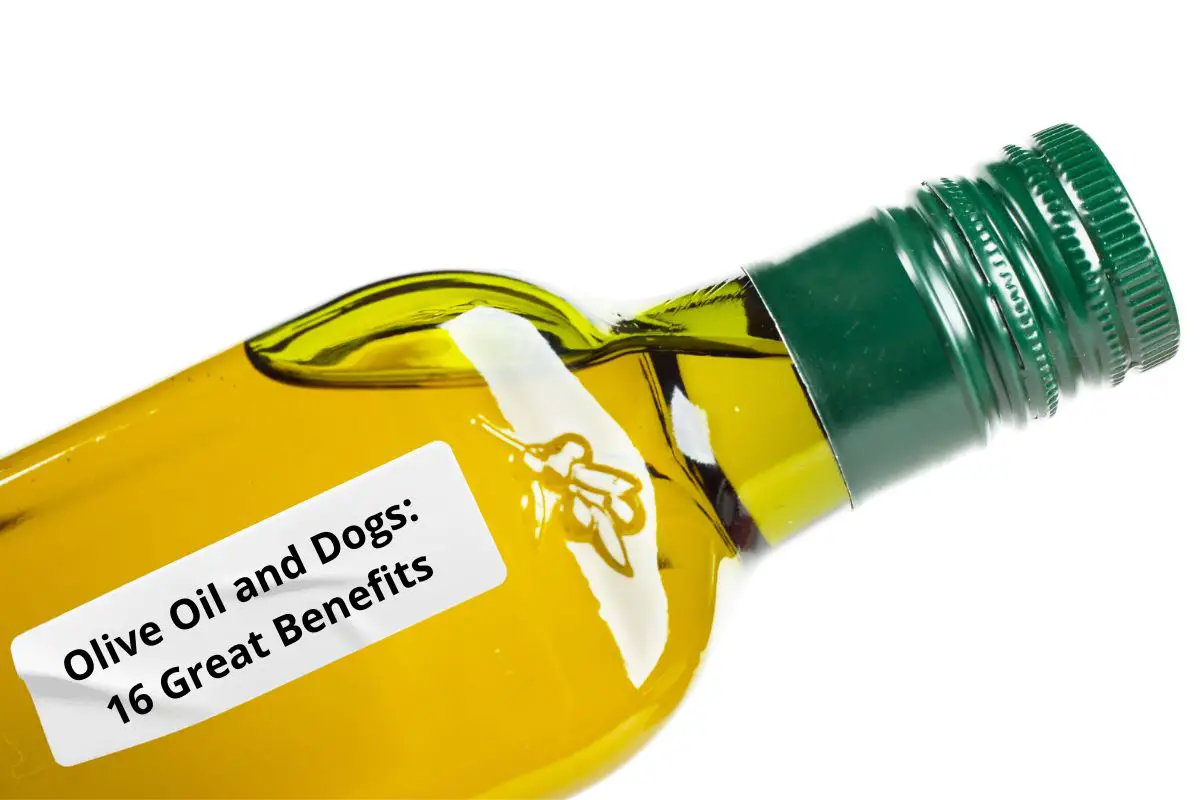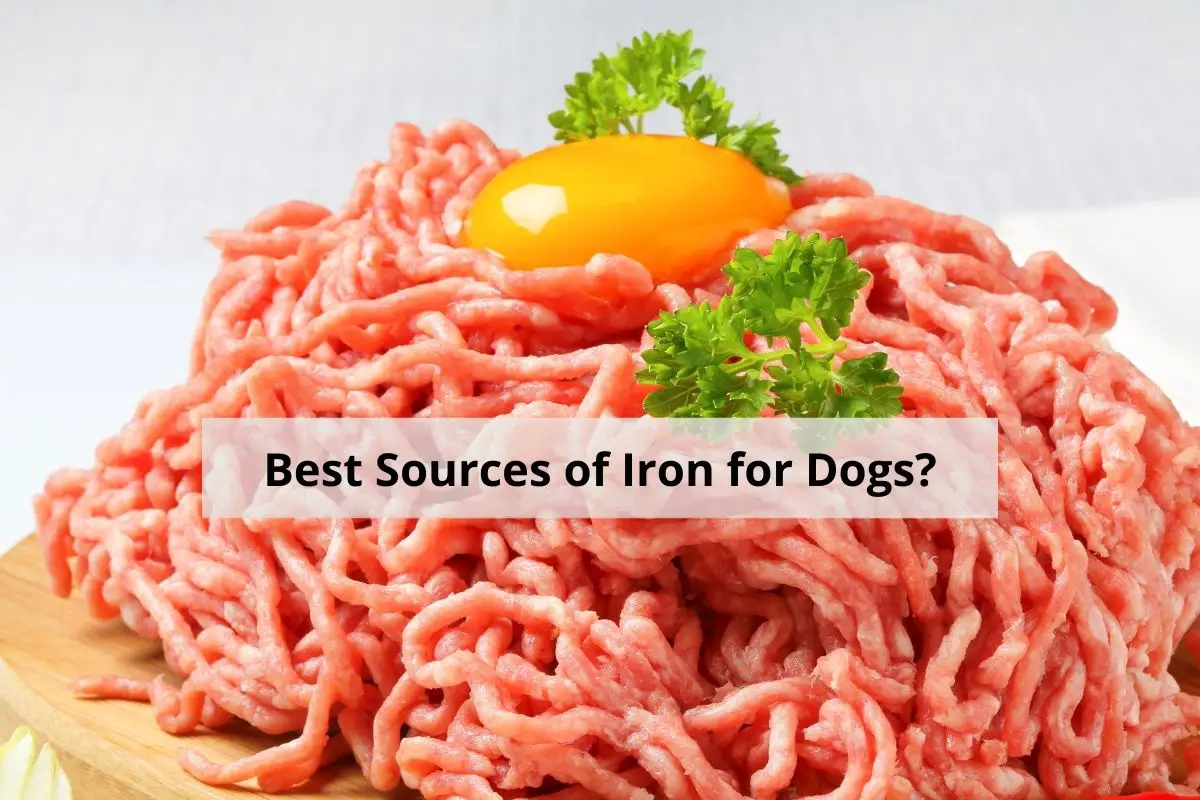This post contains affiliate links.
People add butter to a variety of meals and dishes, mainly because it tastes great. Butter is primarily used in baking and cooking and adds flavor to foods, such as cookies, cakes, pastries, sauces, pancakes, and vegetables. You can enjoy it in moderation; however, regularly feeding butter to your dog is not a good idea.
You cannot add butter to dog food. Consuming butter is not good for your dog’s health in the long run. Butter is high in saturated fats and cholesterol, both of which are associated with many health issues. Saturated fats are unhealthy fats that can increase the risk of heart disease.
If you would like to know more reasons why you should not add butter to dog food, read on.
Table of Contents
What Does Butter Contain?
Butter is made by churning cream to separate the liquid (buttermilk) from the solid fats. It is manufactured from the milk of buffalo, goats, sheep, cows, and other mammals.
Apart from its buttery taste, butter is a good source of vitamin K, vitamin B12, vitamin E, and vitamin A. While butter contains a host of vital nutrients, it is also high in fat and calories. One tablespoon (14 g or 0.49 oz) of butter provides 102 calories and 12 g (0.42 oz) of fat.
Butter Is High in Fat
Butter is a source of saturated fat that is not good for your dog’s health. As a matter of fact, butter contains 7 g (0.25 oz) of saturated fatty acids per tablespoon. Saturated fat is an unhealthy fat that harms your heart health.
Apart from saturated fat, butter also contains polyunsaturated fat and monounsaturated fat. One tablespoon of butter contains 0.43 g (0.02 oz) of polyunsaturated fats and 3.33 g (0.12 oz) of monounsaturated fats. However, these fats are called good fats because they are good for the heart and overall health.
As already mentioned, one tablespoon of butter contains approximately 12 g of fat. A dog that weighs 33 pounds (15 kg) needs 14 g (0.50 oz) of fat daily. Therefore, one tablespoon of butter, together with his regular meals, will send the dog over his daily fat allowance. Above all, the dog will gain extra weight if you feed butter to him daily.
This extra weight will cause a myriad of health issues, such as heart disease, high blood pressure, and certain tumors.
Butter Can Cause Pancreatitis
Butter may cause pancreatitis when consumed by dogs. Pancreatitis is the inflammation of the pancreas. Certain dog breeds, such as Yorkshire terriers, Miniature Schnauzers, Dachshunds, Cocker Spaniels, and Poodles, are more likely to suffer from pancreatitis than other dog breeds.
The pancreas is a part of the digestive system that creates enzymes that help in breaking down foods. Other than that, the pancreas plays an important role in the synthesis of insulin, which lets your body use glucose for energy. However, it can cause damage to the intestines, gallbladder, and liver when it becomes inflamed.
Pancreatitis can be chronic or acute. The severity of acute pancreatitis ranges from mild to extremely severe. Some pets recovering from acute pancreatitis can suffer from chronic pancreatitis or recurrent disease. In some cases, these pets can suffer from poor digestion, diabetes, and liver damage.
Here are some of the signs of pancreatitis:
- Irregular heart rate
- Fever
- Lack of appetite
- Diarrhea
- Vomiting
- Abdominal pain
Treatment
You should contact your veterinarian immediately if your pet is displaying signs of pancreatitis.
The prognosis for the disease depends on how severe the disease is. While serious cases will require immediate treatment, mild cases will require only a change of diet. However, if left unattended, pancreatitis can cause organ damage and sudden death.
Vets will treat pancreatitis with pain medication and intravenous fluids to keep your pooch relaxed. Medications are used to control discomfort and vomiting. Intravenous fluids are given to dogs to prevent dehydration. Vets may also give antibiotics to avoid secondary infections.
Fortunately, most dogs recover from pancreatitis with good supportive veterinary care. In fact, dogs with mild cases of pancreatitis recover after three days of treatment. On the other hand, dogs who have severe cases of pancreatitis often need to stay in a hospital for one week or more.
Additionally, dogs suffering from diabetes experience difficulty in recovering from the disease. A dog needs to eat a low-fat diet forever once he has had a case of pancreatitis. A relapse can happen even with a slight increase in fat.
So, you should not feed butter to your pooch, as this may lead to a serious bout of pancreatitis.
Butter Is High in Cholesterol
One tablespoon of butter contains 31 mg (1.1 oz) of cholesterol. Some dog breeds are vulnerable to high cholesterol. High cholesterol, also known as hyperlipidemia, refers to increased levels of fat in the blood. Certain metabolic diseases, such as adrenal disease, hyperthyroidism, and diabetes, can lead to high cholesterol.
Metabolic diseases interrupt the process of metabolism, which converts fats into energy. The metabolic disease could be a systemic disease affecting the overall health of your dog, or it could be a disease in a specific organ. Some dogs are susceptible to the metabolic disease depending on age, breed, or heredity, while others get this disease for reasons unknown.
It’s important for you to know that butter is not good for your pet if he is obese or suffers from any metabolic disease.
When your pet eats a meal, the fat in his blood increases and decreases within 10 hours after eating. A dog is regarded as hyperlipidemic if his fat levels remain elevated after 12 hours.
Here are some of the signs of high cholesterol:
- Tiredness
- Reduced appetite
- Vomiting
- Diarrhea
- Deposits of fats under the skin
- Cloudy eyes
- Stomach pain
Can You Give Vegetable Oil or Margarine Spread to Your Dog?
Vegetable oil and margarine spreads are not good for your dog. Because they are also high in cholesterol and fat. In addition to this, margarine contains many preservatives and chemicals that are harmful to your dog’s health. While margarine may contain some healthy nutrients, it often contains trans fat that has been linked to an increased risk of heart disease and other chronic conditions.
Therefore, you should not give your pet anything with vegetable oil and margarine spreads in them.
Feed Your Dog a High-Quality Food
Feeding your furry friend a good quality food is essential for his everyday health. Good quality foods have all the vital nutrients that lead to healthy development and growth of your dog.
What’s more, the dog food you choose affects your pet’s energy levels, weight, muscle health, and level of satiety. This is why it is extremely important for you to invest in good quality dog food.
High-quality dog foods contain the right balance of carbohydrates, fats, and proteins together with essential minerals and vitamins for your dog’s overall health. Oatmeal, eggs, vegetables, fish, and fruits are some of the best foods for your pooch.
Conclusion
Butter is not a good choice to feed your dog regularly. However, it will not pose any immediate threat to his health if consumed. It’s worth knowing that too much canine consumption of butter will eventually cause health problems. So, you should avoid adding butter to your dog’s meals.
Butter is high in saturated fat and cholesterol, both of which can be harmful to your pooch’s longevity and overall health. Your pooch should be okay if he has consumed butter. However, you should avoid giving your pet butter in the future.
In a nutshell, you should not offer butter or food products with high butter content to your dog at all.
Sources
- USDA: Butter, without salt
- The National Academies Press: Your Dog’s Nutritional Needs
- MayoClinic: Pancreatitis
- PubMed.gov: Intake of saturated and trans unsaturated fatty acids and risk of all cause mortality, cardiovascular disease, and type 2 diabetes: systematic review and meta-analysis of observational studies
Mrdogfood.com is a participant in the Amazon Services LLC Associates Program, an affiliate advertising program designed to provide a means for sites to earn advertising fees by advertising and linking to Amazon.com. We also participate in other affiliate programs which compensate us for referring traffic.




